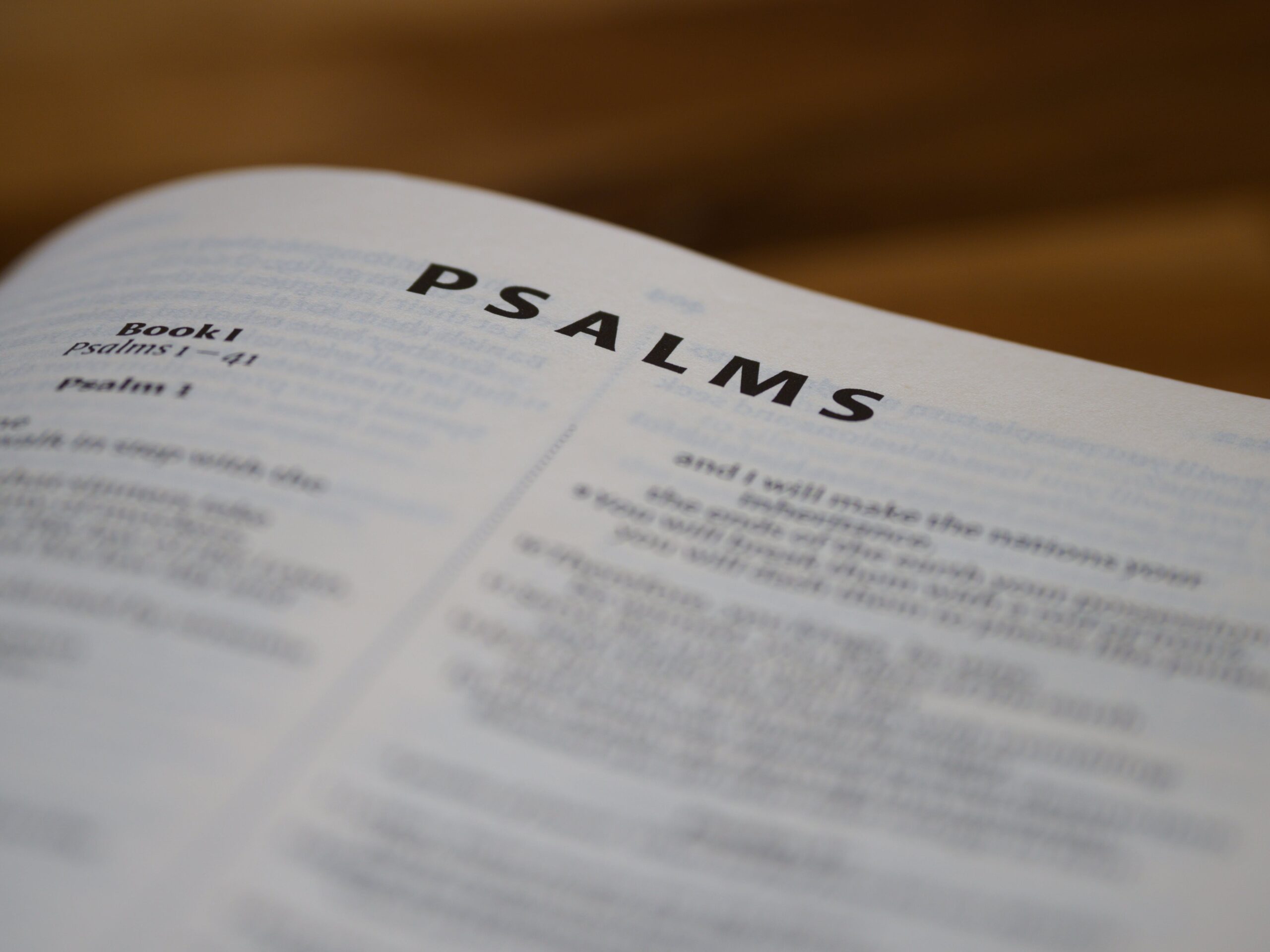Session 3 – Psalm 130: the depths of failure
Failure has many expressions and God sometimes uses our failures to show us our need for Him. Where will we go with our failure? How will we handle our imperfections?
In session 6, we:
-
- Explore the different forms that failure can take
- Look at how God uses people who have ‘failed’ in some way or another.
- Look at Psalm 130 as an example of how we can talk to God about our failures.
- Explore why grace is needed in our performance culture

Session 3 Outline – from Powerpoint (in video)
(1) Discussion – failure and how it impacts us.
(2) Exploring & expressing the depths – looking at Psalms 6 & 38.
(3) Exploring Psalm 130.
(4) Success, failure & grace – Sometimes to properly understand failure, we need to look at what we see as success as this can shape our understanding and experience of failure.
The structure of the session comes from the Powerpoint (in the video). You can download the powerpoint here.
Exploring & Expressing the Depths
Psalm 130 starts with the words ‘Out of the depths I cry to you.’
What are the ‘depths’?
Using Psalm 6 & 38 which are both psalms of David, we get an insight into what the depths meant for David in terms of his mental, physical, emotional and spiritual well-being.
Even in the depths, there are expressions of hope and both of these psalms end with clear declarations of hope.
Exercise - Psalm 130
Psalm 130 is an anonymous psalm. We don’t know who wrote it and we also don’t know what the back story was.
The failure is almost certainly sin and that is the biggest failure of all.
Against the backdrop of what has happened and ‘the depths’, we explore the declarations of who God is.
Like almost every lament psalm, we see hope expressed in different ways.
Activity - Success, failure & grace
Our childhood, upbringing, education and personality can impact us in so many ways.
We want to please parents and teachers … we develop our own standards … we compare ourselves with others.
What we see as succeeding can shape our understanding and experience of failure.
We use five examples and the activity works by getting together with others who self-identify with the same example and just sharing experiences with them.
Finally, we feed in the quote on grace and ask how this affects what has been talked about.
Reflection: Just as I am
For many older Christians, the hymn ‘Just as I am’ is asoociated with the evangelistic appeal at the end of Billy Graham crusades.
We’ve seen that the psalms show us a ‘safe space’ with God. To come to him, ‘just as I am’ is not just a once-only experience at the start of our Christian journey.
The lament psalms reveal that we can come to him in failure, disappointment, anger, confusion and so on, ‘just as I am.’
Just as I am – though toss’d about
With many a conflict, many a doubt,
Fightings and fears within, without,
O Lamb of God, I come!
We use a modern version of the song that misses out a lot of the traditional verses but has a beautiful chorus – play song.
Additional Resources
God among the Ruins: Trust and transformation in difficult times (Mags Duggan)
[Back cover …]
Where do we turn when our world is falling apart?
It takes courage to hope; to stand in our confusion and grief and still to believe that ‘God is not helpless among the ruins’. Guided by Habakkuk and his prophetic landmarks, we are drawn on a reflective journey through the tangled landscape of bewildered faith, through places of wrestling and waiting, and on into the growth space of deepened trust and transformation. As you read, discover for yourself the value and practice of honest prayer, of surrender, of silence and listening, and of irrepressible hoping.
